WHAT IS DRY EYE?
Watch more videos like this on Shekar Eye Hospital YouTube Channel
Dry Eye (keratoconjunctivitis sicca) is a prevalent condition affecting about 8-40 percent of the population in various severities affecting their day-to-day activities.
Here are the most common reasons for dry eyes:
- Reduced quantity of tears
- Poor quality of tears
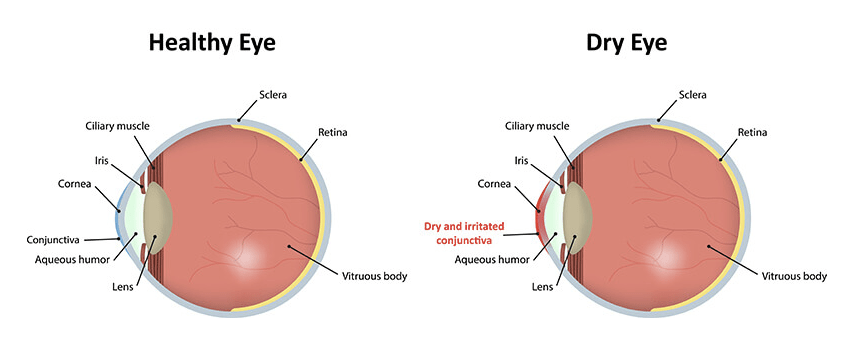
A dry eye is a condition that occurs when your tears cannot provide sufficient lubrication for your eyes. Tears can be inadequate for many reasons.
Tears are essential to maintain the health of the ocular surface and to lubricate the eyes. It also helps maintain good vision and acts as a natural barrier to our eyes to protect them from foreign substances such as external pathogens and irritants.
Are dry eyes a severe condition?
Patients with dry eyes can lead an everyday life provided it is diagnosed and treated early. The patient should follow the doctor’s advice and medication strictly. Dry eye medication should be followed compulsorily as per advice, and frequent consultation with a doctor is recommended.
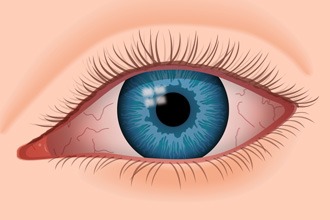
Causes of Dry Eyes
Dry eyes are caused by various reasons that disrupt the healthy tear film. The average tear film is around 7 microns thick and gives good nutrition and lubrication to the eyes. Your tear film has three layers:
1. Fatty oils or lipid layers produced by meibomian glands.
2. Aqueous fluid produced by tear glands
3. Mucin layer produced by mucous glands in the conjunctiva.
This combination keeps the surface of your eyes lubricated and clear. Problems with any of these layers can lead to dry eyes.
Some of the reasons for tear film dysfunction are hormonal changes, inflamed eyelid glands, autoimmune disease, and allergic eye disease. For many people, the cause of dry eyes is:
1) Increased tear evaporation
2) Decreased tear production.
The following are the common causes of decreased tear production and Increased tear evaporation: –
- Ageing
- Lack of tears is common in females, especially if they experience hormonal changes due to pregnancy, using birth control pills, or menopause.

- Medical conditions such as thyroid disorders and uncontrolled diabetes are common causes of Dry Eyes.
- Autoimmune disorders
- Meibomian glands dysfunction
- Consumption of Antihistamines regularly can cause dry eyes.
- Consumption of Antacids and beta-blockers
- Usage of eye drops with many preservatives.
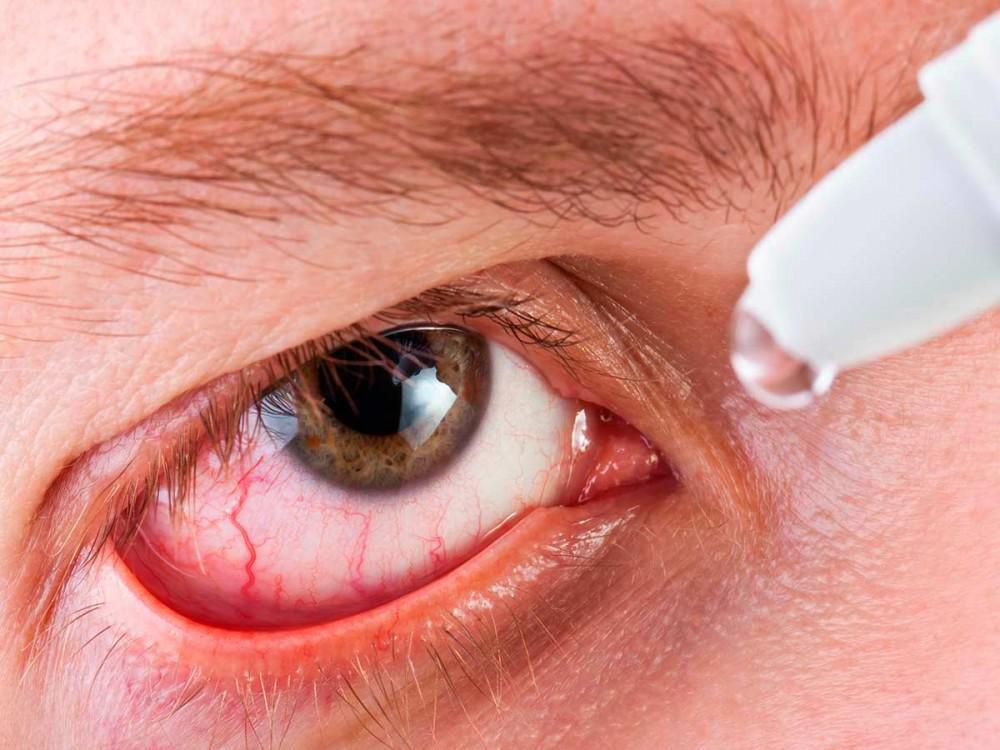
- Quite a long exposure to Air conditioners
- Hot and dry weather conditions.
- Abuse and overuse of contact lenses.
- Consumption of drugs for high blood pressure, acne, birth control.
- Blinking less often, which tends to occur when you’re concentrating during certain activities, such as while reading, driving, or working at a computer
- Eye allergies
- Wind, smoke or dry air
- Deficiency of Vitamin A
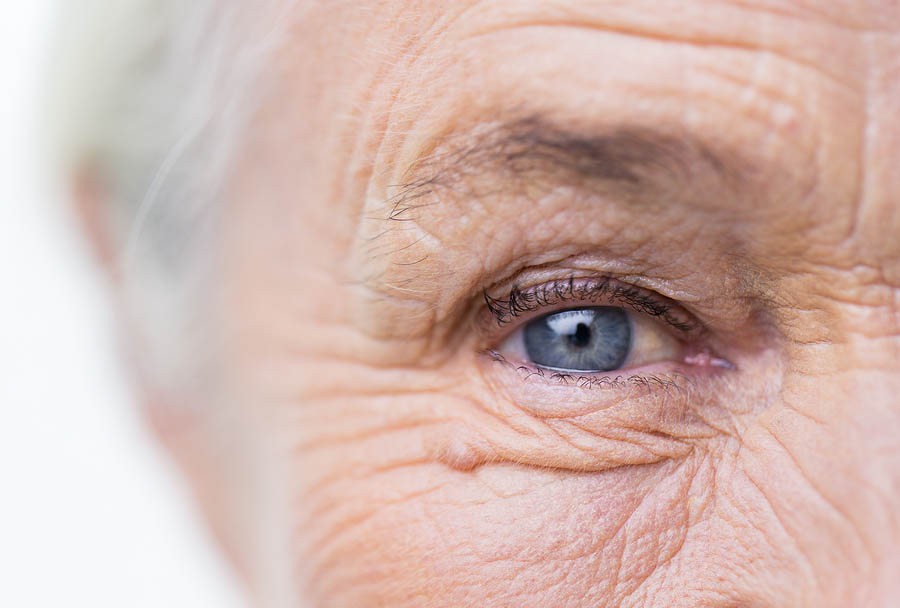
Symptoms of Dry Eyes
The following are some of the common symptoms of dry eyes:-
- Stinging, burning sensation in your eyes
- Stringy mucus in your eyes
- Sensitivity to light
- Eye redness
- Sense of irritation in eyes
- Foreign body sensation – A feeling of having something in your eyes
- Difficulty in wearing contact lenses
- Difficulty with night-time driving
- Watery eyes, as body’s response to the irritation of dry eyes
- Blurred vision
- Eye fatigue
- Difficulty keeping the eyes open
- Double vision
- eyelids sticking together when waking up.
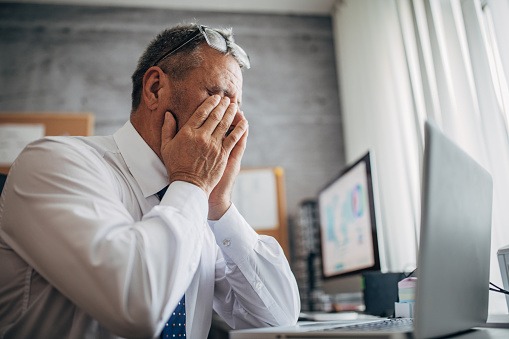
Treatments of Dry Eyes
- A thorough eye examination:- An eye check-up that includes a complete analysis of your eye health and your overall health can help your doctor diagnose the reason and effect of your dry eyes.
- A test to determine the volume of your tears is as follows:- Your doctor can use the Schirmer test to assess your tear production. Under your lower eyelids, blotting strips of paper are inserted in this test. The doctor then measures the amount of strip soaked by your tears.
- The fluorescein test is another method for determining tear volume. This is a test to see how good your tears are. Other tests utilize eyedrops containing specific dyes to measure the state of your eyes’ surface. Your doctor examines the corneas for staining patterns and counts how long it takes for your tears to dry up.
- An osmolarity test of the tears: This test determines your tears’ particle and water makeup. Tears will have less water if you have a dry eye illness. Tear samples will be examined for signs of dry eye disease, such as increased matrix metalloproteinase-9 or low lactoferrin.
Medications for Dry Eyes
- Drugs to reduce eyelid inflammation
- Eye drops to control cornea inflammation
- Eye inserts that work like artificial tears
- Tear-stimulating drugs
- Eye Drops made from your blood: – These are called autologous blood serum drops
Dry Eye Precautions
- Reduce Screen time: Take a gap of 20 seconds at least every 20 minutes while working on the computer and mobile devices.
- Enhance blinking mechanism: Make sure you take a blink at regular intervals during working hours on computer screens and mobile screens
- Put on protective UV goggles in conditions of bright light and sunlight.
- Position your computer screen below eye level

Home Remedies to Treat Dry Eye
- Maintain lid hygiene using lid cleaning solutions. Use mild soap on your eyelids.
- Add moisture to air using humidifiers in winter
- A healthy diet rich in vitamin A found in the liver, carrots and broccoli, and green leafy vegetables.
- Adding omega-3 fatty acids to your diet, found in fish, walnuts, and vegetable oils.
Complications or Effects of Dry Eyes
People suffering from dry eyes can face some complications such as:
- Eye infections
- Damage to the surface of the eyes
- Decreased quality of life: –Dry eyes can make it difficult to perform everyday activities, such as reading.
When to see a doctor?
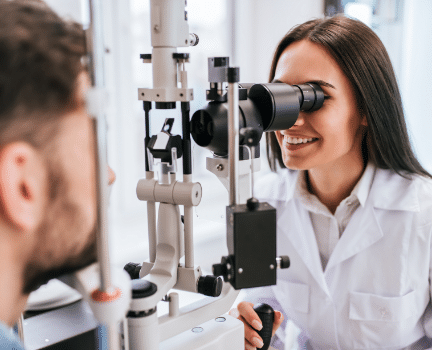
Consult a doctor if you’ve had prolonged signs and symptoms of dry eyes, as mentioned above, including red, irritated, or painful eyes.






